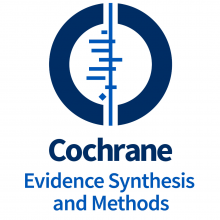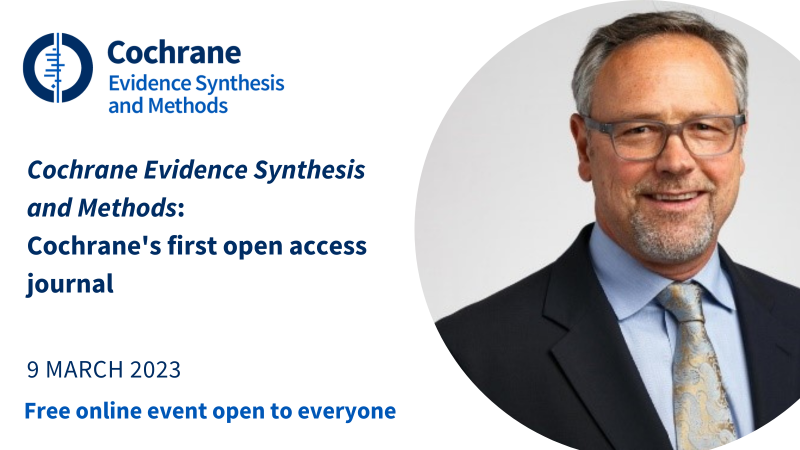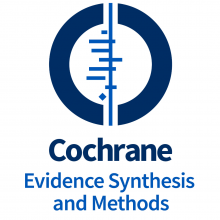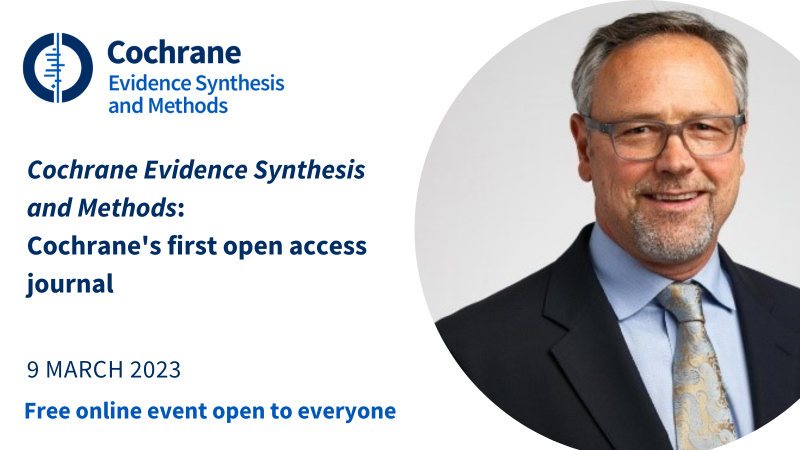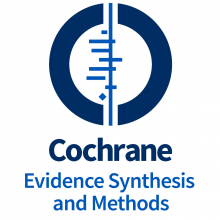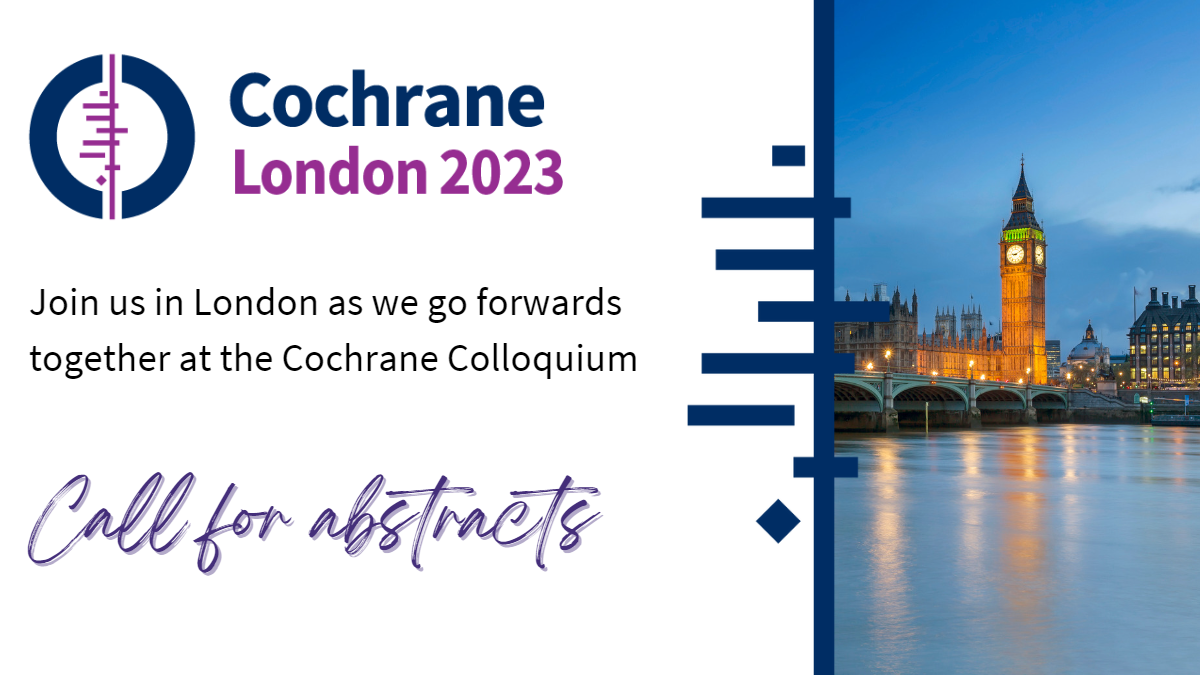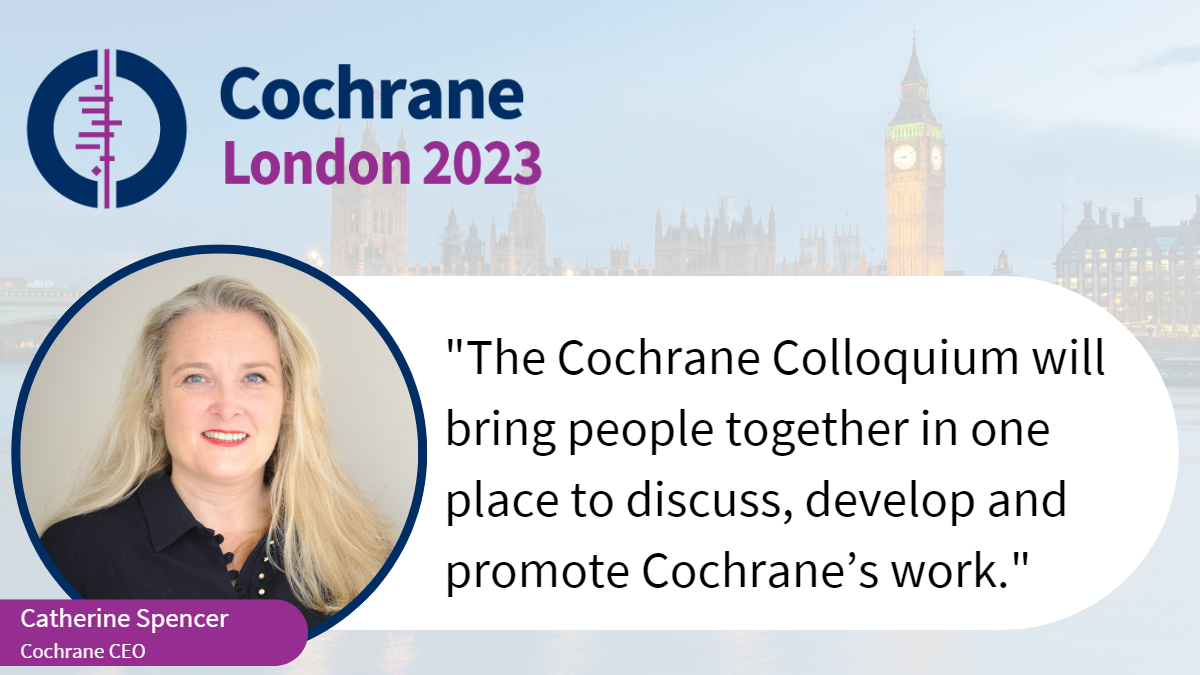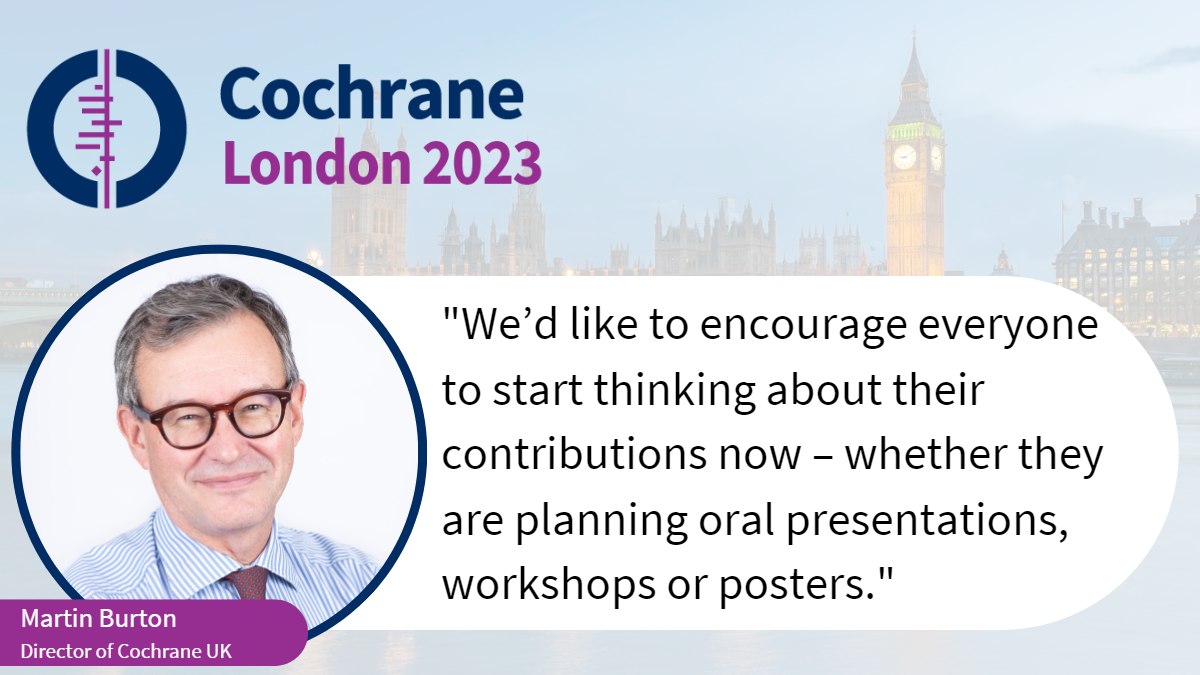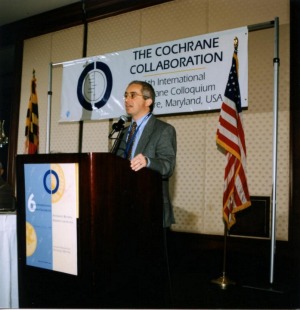Cochrane Evidence Synthesis and Methods: Adding to our quality
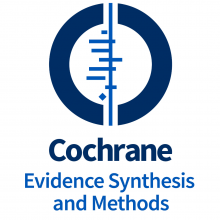
Cochrane’s first open access journal, Cochrane Evidence Synthesis and Methods, recently opened for submissions! See our announcement for full details.
Why is Cochrane launching a new journal? And why now? We’re discussing Cochrane Evidence Synthesis and Methods in relation to Cochrane’s four key values: Collaboration, relevance, integrity and quality.
Today is Quality.
Quality is about reviewing and improving what we do, while maintaining our rigor and trust.
Cochrane Evidence Synthesis and Methods welcomes innovative ideas and is not afraid to trial new ways of publishing. This includes showcasing practices that support research integrity, including: the ability to include Open Research Badges; embedding consumer involvement within the journal; piloting how to better visualise research, such as with gap maps; and improving peer review with a range of initiatives, detailed in the collaboration and integrity news items.
As part of improving what we do, the journal pushes boundaries and advocates for new approaches in evidence-based healthcare. It welcomes hard hitting commentaries and debates from researchers across the field and aims to develop the evidence base for how we produce and publish evidence synthesis. This may include, for example, studies within reviews, and sharing best practice and case studies in evidence synthesis production, management and publishing.
Cochrane Evidence Synthesis and Methods requires the use of the most appropriate reporting guidelines when writing your manuscript, such as PRISMA and its extensions or other study design reporting guidelines found via the EQUATOR Network. Authors should report on all items in the checklist; either confirming where the item is in the article or state that the item was not considered, and why not. This is to improve the completeness of reporting to facilitate peer review and the readability of the research.
For more information on Cochrane Evidence Synthesis and Methods:
- See the journal website with details on how to submit
- Announcement of a new open-access journal for Cochrane: Cochrane Evidence Synthesis and Methods
- Cochrane Evidence Synthesis and Methods: Adding to our collaboration
- Cochrane Evidence Synthesis and Methods: Adding to our relevance
- Cochrane Evidence Synthesis and Methods: Adding to our integrity


